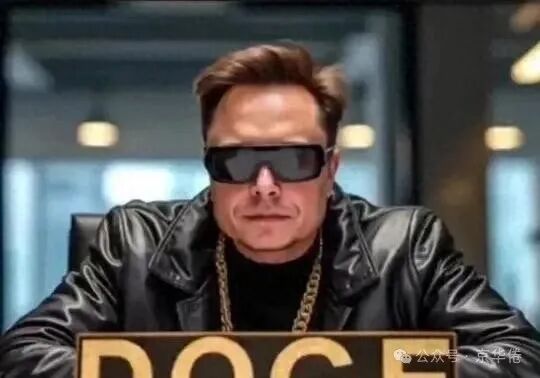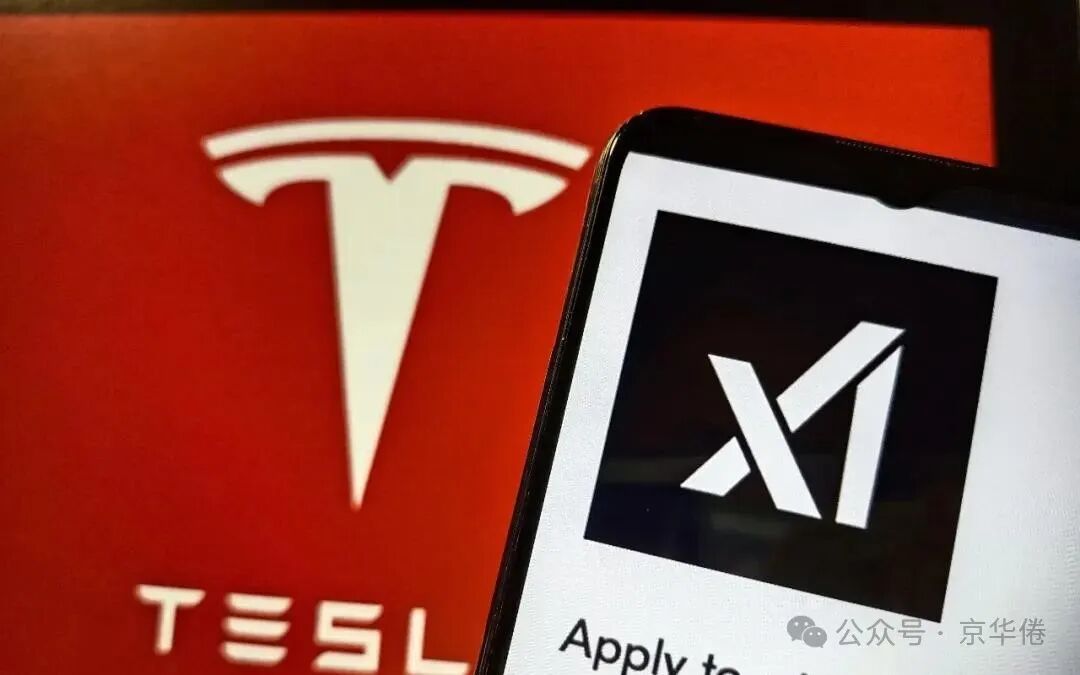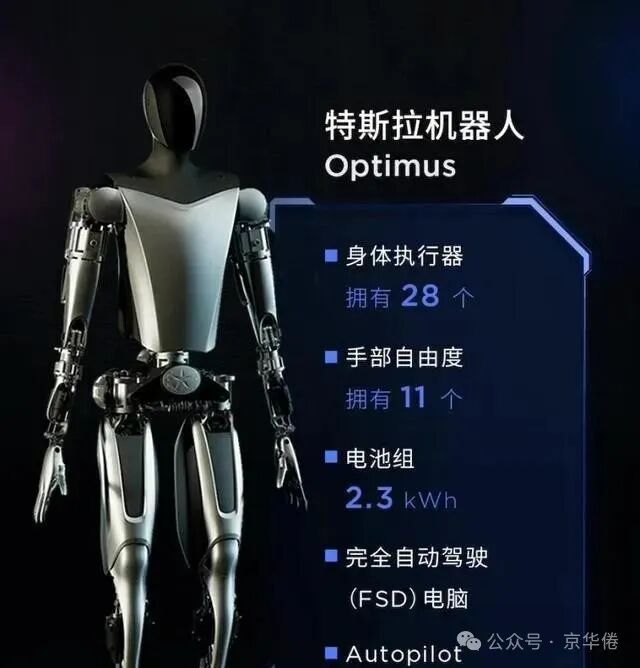
“To defeat the enemy without fighting is the best strategy.”
This quote comes from “The Art of War” by Sun Tzu, originally meaning to make the enemy surrender without war, which is the highest form of strategy.
In the context of today’s American tech mogul Elon Musk, it is a perfect description.
He has not directly run for U.S. president nor served as a general in the military, yet through a series of strategic moves, he has quietly begun to control the core decision-making power of the U.S. government and military.
Is this purely to enhance government efficiency, or is it a carefully designed power grab?
Musk is indeed a clever person.
He knows that no matter how wealthy he is, directly confronting the entire U.S. political system would be impossible.
Thus, he chose a brilliant path—through Trump, a “puppet,” to establish an organization called the “Department of Government Efficiency” (DOGE), self-appointed as the “Chief Efficiency Officer.”
On the surface, this is to eliminate government waste and improve efficiency, even planning to cut the federal budget by at least $2 trillion.
Sounds great, doesn’t it?
Who wouldn’t want an efficient government?
But the problem is,Musk’s approach is fundamentally about using AI to replace human decision-making.
They input government records into AI tools, analyze financial data, and identify “replaceable” human positions.
For example, in the Department of Education, AI has already begun to eliminate so-called “non-essential contracts”; in the Department of Energy, they are exploring the use of AI robots to replace workers.
What is Musk’s core philosophy? “All jobs that can be automated should be done by machines.” At first glance, this statement seems reasonable. But upon closer inspection,who decides which jobs can be automated? Who defines the boundaries of automation? The answer is Musk and his AI.

Even more frightening is that this transformation is not limited to civilian sectors.
Although there is currently no direct evidence that Musk has explicitly proposed a plan to “replace U.S. soldiers with robots,” the logical extension of his ideas clearly suggests this possibility.
After all, if administrative work can be replaced by AI, why can’t soldiers on the battlefield be replaced by robots?
Now let’s look at how Musk has gained such immense power.
He obtained political authorization by proposing a so-called “government efficiency reform plan” to Trump, and the establishment of DOGE directly relies on Trump’s executive orders.
This approach completely bypasses the oversight mechanism of the U.S. Congress, essentially constituting an encroachment of power.
Interestingly, some argue that Musk is actually using Trump as a tool, with his ultimate goal being to place the entire U.S. under AI control.
Just think about it: an AI system that does not require electoral support, is not troubled by emotions, and operates entirely according to predetermined algorithms is an ideal ruling tool for an ambitious person!

The DOGE team is referred to as a group of “young tech elites,” driving government process automation with AI at its core, and has even been called by some media as “America’s Second Revolution” or “the world’s first AI-led governance.”This is not a revolution; it is clearly a silent technological coup!
What is concerning is that this reform has already led to turmoil in American politics.
A large number of civil servants have been laid off, with tens of thousands of workers losing their jobs in departments such as the Department of Education and the International Development Agency.
Is it really reasonable for AI to replace the expertise and experience of these individuals?
More importantly,what does it mean for a democratic system when government decision-making increasingly relies on algorithms rather than human judgment??
We cannot ignore the potential support that Musk’s companies’ technological accumulation could provide for military AI.
SpaceX’s rocket technology, Neuralink’s brain-machine interfaces, and Tesla’s autonomous driving systems—what consequences would these technologies have if applied to the military?A military controlled by AI, obeying a few technological oligarchs, is a chilling future.

There is a historical example similar to this.
The reforms of Shang Yang in the Qin state were ostensibly aimed at strengthening national power and improving efficiency, but in reality, they concentrated power to a high degree.
As stated in the “Records of the Grand Historian”: “Burning books and burying scholars, the law and decree are viewed as the only authority, with the officials enforcing the law.”
What was the result?
The Qin state did indeed become powerful, but it also descended into extreme despotism, ultimately leading to its downfall.
If Musk’s AI reforms succeed, will the U.S. repeat the fate of the Qin state?
History often bears a striking resemblance.
What lessons does Musk’s strategy hold for China?Do not be deceived by the superficial technological glamour; see through the underlying power ambitions.
The U.S. has long touted itself as the “beacon of democracy,” yet now it allows AI to make decisions, which is no different from the “despotism” they criticize.
China has suffered greatly from Western powers throughout modern history, from the Opium War to the Eight-Nation Alliance, and to the Japanese invasion, all due to technological backwardness. Now that the U.S. is beginning to use AI to control the government and military, we must remain vigilant.Technology cannot be concentrated in the hands of a few; it must serve the people and be subject to their supervision.

As China develops AI, it must adhere to a people-centered approach, with technology serving the people. We cannot, like Musk, turn AI into a tool for controlling the populace. Instead,we should let AI become a force for liberating the people, creating a better life for them.
Musk’s “business strategy” is essentially an erosion of democratic politics through the combination of capital and technology. They wave the banner of “efficiency,” but in reality, it is about control. Americans are still immersed in the novelty brought by AI; by the time they wake up, it may be too late.
We must remain vigilant. Develop our own AI technology, but never let technology surpass the people. Musk’s approach is a typical extension of American hegemony into the technological realm, while China’s path must be to ensure technology benefits the people, not controls them.
History will remember this moment. When the U.S. begins to let AI take over government decision-making, they have effectively deviated from the so-called “democratic values.” Meanwhile, we uphold our original intention, ensuring that technology always serves the people. This is the true “best strategy.”

Click to share and let more people see it